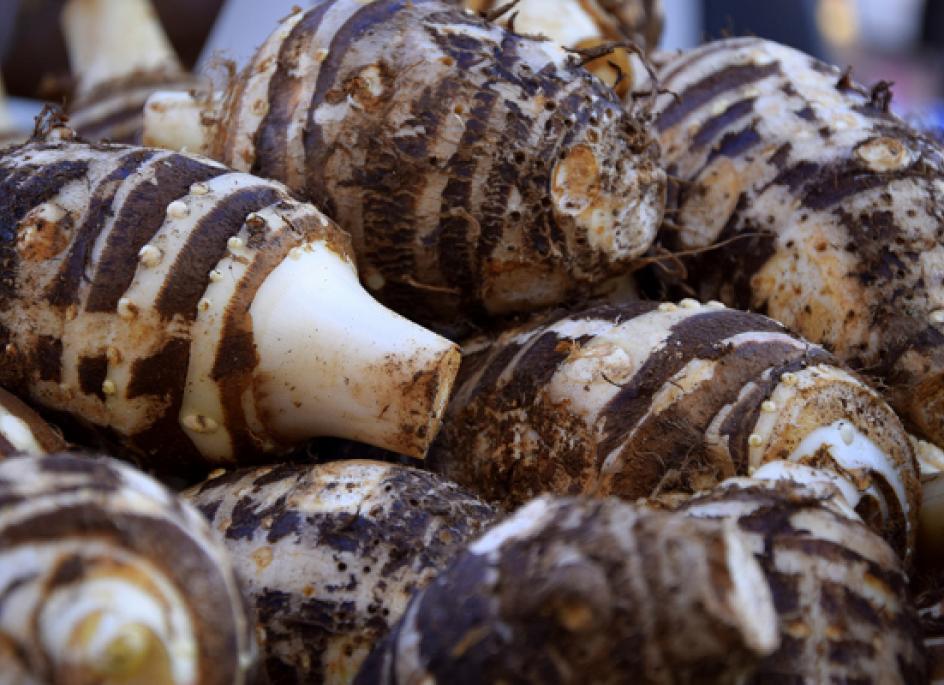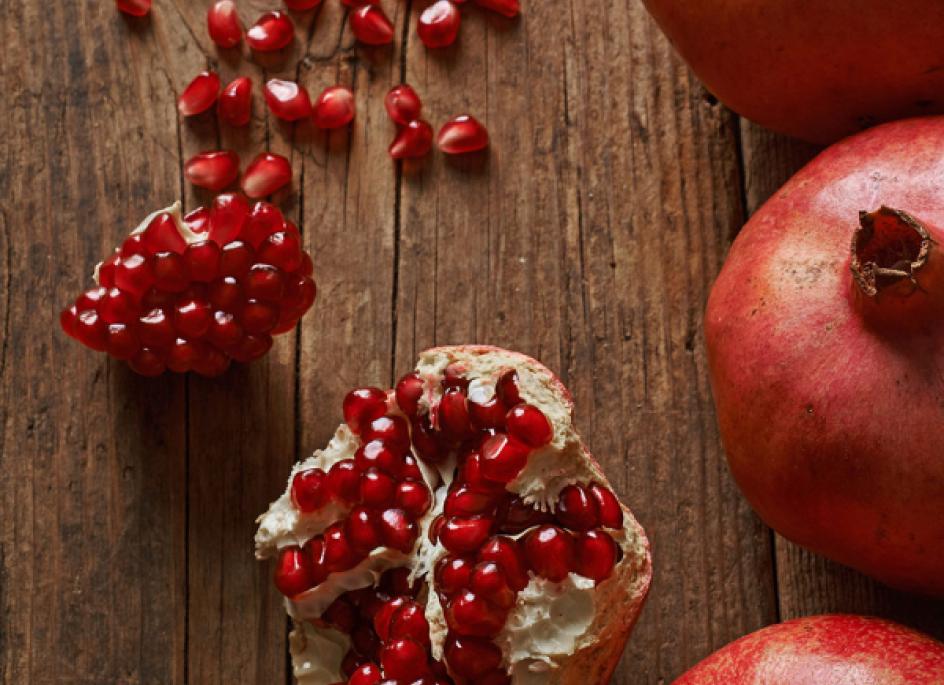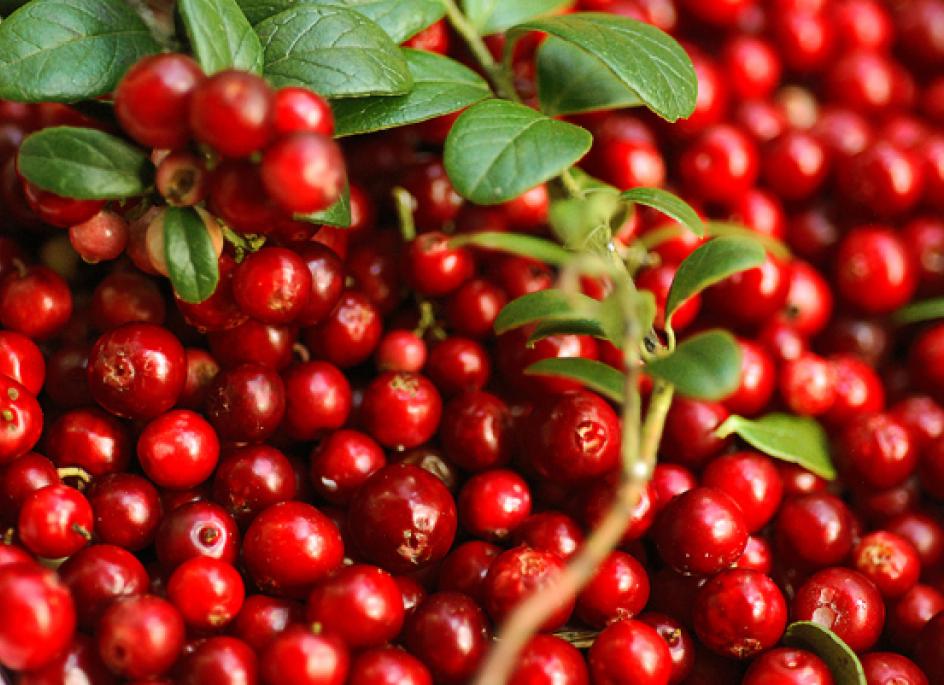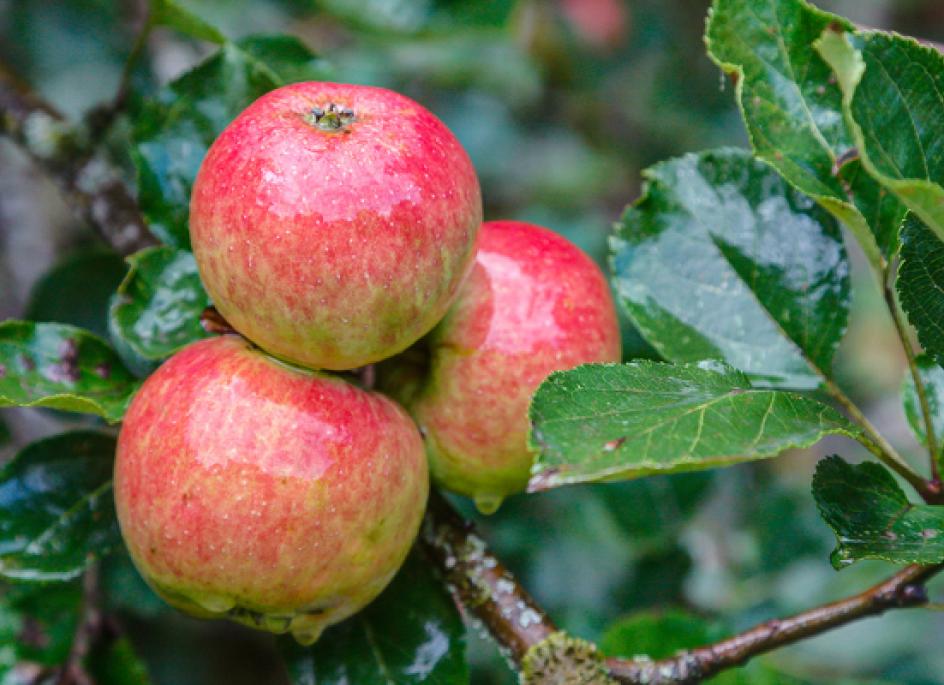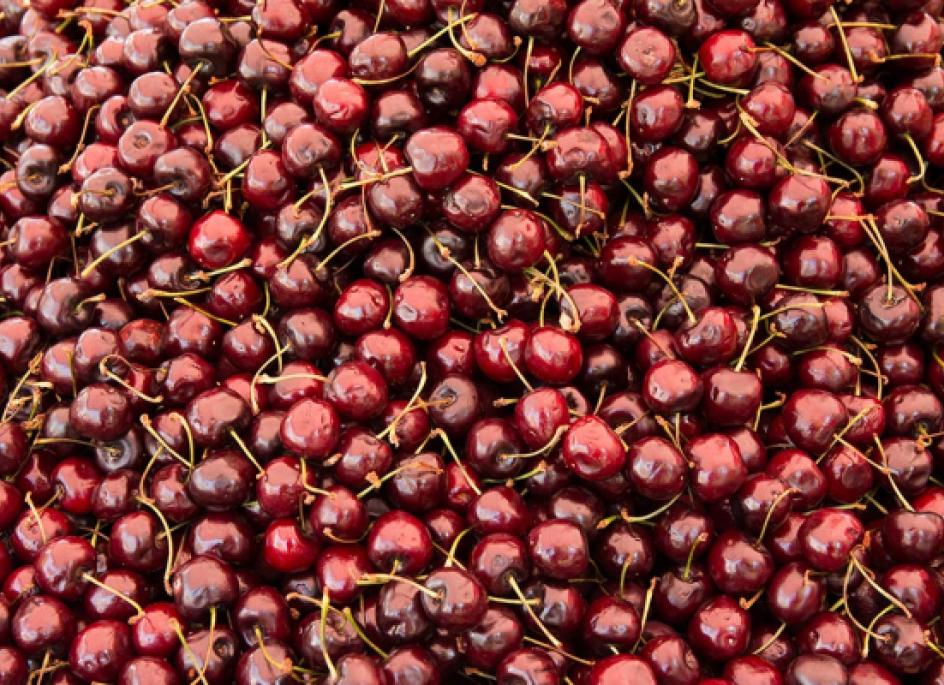The high quality of European fruits and fruit juices makes them a source of inspiration for all those who love to cook. The main fruits in terms of volume harvested in Europe are apples and oranges. These crops are only a small part of the range of fruit that Europe produces, which includes, but is not limited to, peaches, pears, limes, lemons, watermelons, and berries of all kinds, allowing Korean consumers to enjoy new flavors in their everyday meals.
The majority of vegetables produced in the EU include tomatoes (which in Europe are considered vegetables), peppers, eggplants, courgettes, cucumbers, and gherkins. Cherry, grape, round and Coeur de Boeuf are some of the 2,600 varieties of tomatoes grown in different regions and climates of Europe. There are also root, tuber, and bulb vegetables such as carrots, radishes, onions, shallots and garlic and leafy stalked vegetables such as lettuce, spinach, chicory, endives, asparagus, and artichokes, among others, are carefully harvested, ensuring high-quality produce for Korean households.
Grown with care: Quality produce
EU quality schemes, such as PDO and PGI, further show that the fruits and vegetables from Europe are grown with love and care. This means you can enjoy European products—like Danish jams on your morning toast, frozen Polish berries in your yogurt, or sweet Spanish cherry tomatoes in salads and kimbap—with confidence in their quality and safety. These certified products not only bring new flavors to Korean tables but also offer the assurance of healthy, carefully grown ingredients.
Safe and Sustainable
In the EU, even plants have their own travel documents. For each plant meant for cultivation/ planting, a ‘plant passport’ records safety checks during growing and harvest seasons. Crop rotation also plays an important role in EU Organic farming and maintaining soil and plant health. The EU incentivises farmers to use non-chemical methods to get rid of pests in their production. For all fruit and vegetables grown in Europe, the EU has set maximum residue levels for pesticides to protect consumer health.
Choice for any preference and dietary need
European cuisine features a variety of fruit and vegetables in various regional dishes.
